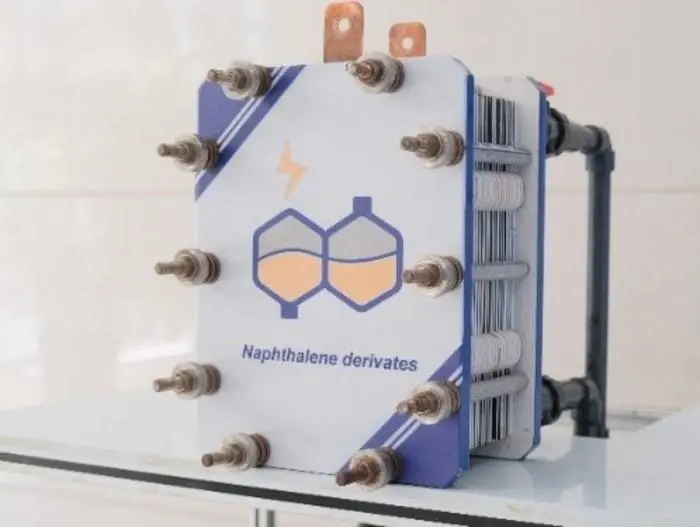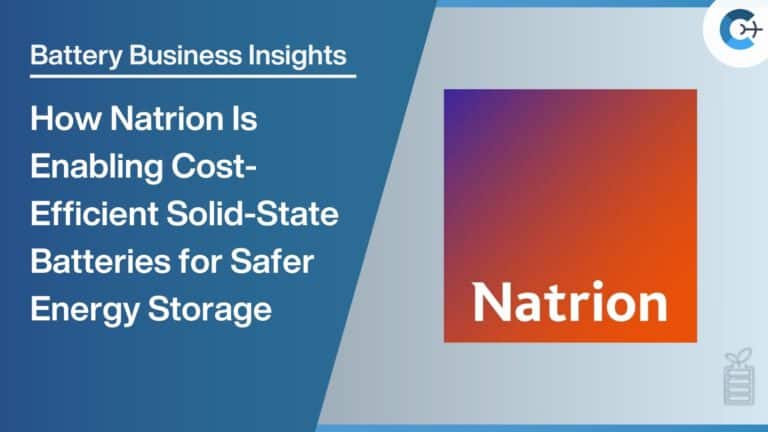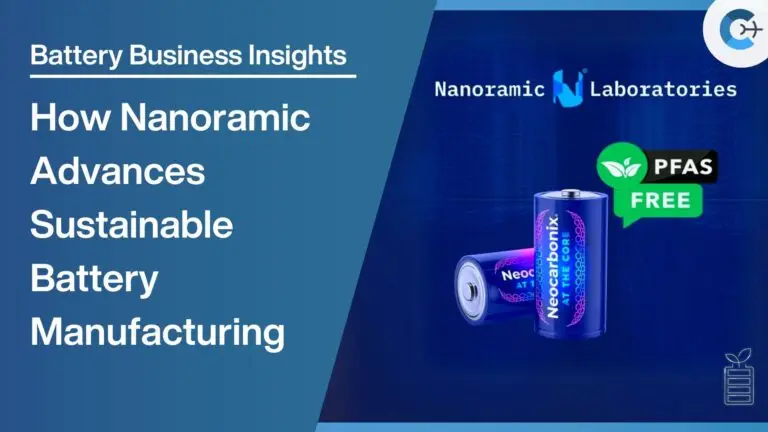Recent research from the Dalian Institute of Chemical Physics in China has led to significant advances in organic flow battery technology. Scientists have developed novel organic redox active molecules (ORAMs) that improve the performance of aqueous flow batteries. The team reports that their new cell retained 99.95% of its capacity after 850 cycles, demonstrating exceptional stability and durability.
The innovation focuses on air-stable naphthalene-based organic materials, overcoming previous challenges associated with inert gas requirements. Researchers used chemical and in situ electrochemical methods to synthesize active naphthalene derivatives, with an emphasis on cost-effective and scalable purification techniques.
Experimental results show that naphthalene flow batteries using 1.5 mol/L electrolyte exhibited stable performance for approximately 40 days, completing 850 cycles while maintaining 99.95% capacity. The battery maintained full capacity for up to 600 cycles (approximately 22 days) even under air exposure conditions.
This development addresses long-standing problems with ORAMs, which have traditionally been characterized by instability and high cost. The research team’s approach to synthesizing naphthalene derivatives resulted in a multi-substituted framework with hydrophilic alkylamine scaffolds, which enhanced protection against potential reactions and improved solubility in aqueous electrolytes.
Professor Li Xianfeng of the Dalian Institute of Chemical Physics, Chinese Academy of Sciences (CAS), notes that this study opens up new opportunities for air-stable molecular designs in sustainable electrochemical energy storage.
The research marks a potentially significant advancement in organic flow battery technology, especially for large capacity applications. As alternative energy storage solutions continue to be explored, this advancement in aqueous organic flow batteries (AOFBs) could contribute to the development of more environmentally sustainable energy storage solutions.
Source: TechTimes, Nature Sustainability
















